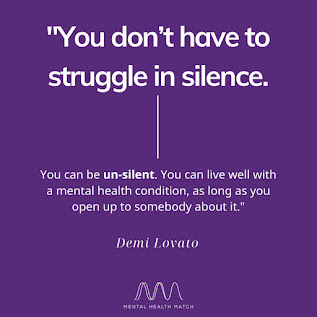The Psychosocial Impact of Mobile Games
A successful mobile game is inevitably appealing because of the high sense of achievement that teenagers can feel in the game again. Imagine that people who are not respected in real life can be admired for their virtual achievements in the game, either through kryptonite (spending money to increase combat power) or through their skill in playing the game. Even if you don’t make it to the top of the leader boards, you can still find a presence in a variety of ways. Moreover, in online games, without the constraints of real identities and conditions, gamers can communicate more flexibly and with less embarrassment of being rejected due to real conditions, communication between people is easier and gamers can easily build closer relationships through various tasks (Caplan et al., 2009).
These people who are dissatisfied with their real lives can find a sense of presence in the game in a variety of ways to escape their real-life dissatisfaction (Figure 4). However, after being satisfied in the virtual world, when they return to their real life, the gap will be even greater, and this will deepen their dissatisfaction with their real life. In addition, it is important to note that excessive play can also cause distraction, attention-deficit hyperactivity disorder (ADHD) and psychological disorders such as depression, bipolar disorder and anxiety in children (Chan and Cheng, 2004; Bulduklu, 2017).
Anti-social Behavior Caused by Mobile Games
The content of many mobile games is full of fighting and killing, gunfire, wild and weird characters, mechanical and rough movements, absurd plot and fast rhythm, which have a serious negative impact on students’ moral and psychological health. Those students who are addicted to games are often not calm enough, restless, impulsive, indifferent to others, and more violent, bringing certain destabilizing factors to the campus, family and society. They are in reality, but their minds are in the online world, and they are prone to schizophrenia symptoms, and few children who are addicted to mobile games are psychologically healthy. Nowadays, anti-social behavior also brings much attention to mobile game study. Although video games have been designed and developed to entertain (or educate), it has to be admitted that many of them contain violent content. According to data from Children Now 2001, a non-profit organization concerned with children’s learning and development, as early as 15 years ago, 89% of all games contained violent content, and nearly half of them contained severe violence (Bulduklu, 2017).
Created by Zuhayr





Comments
Post a Comment